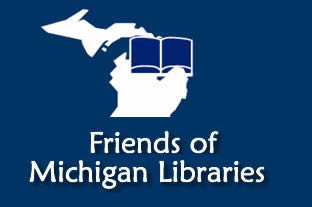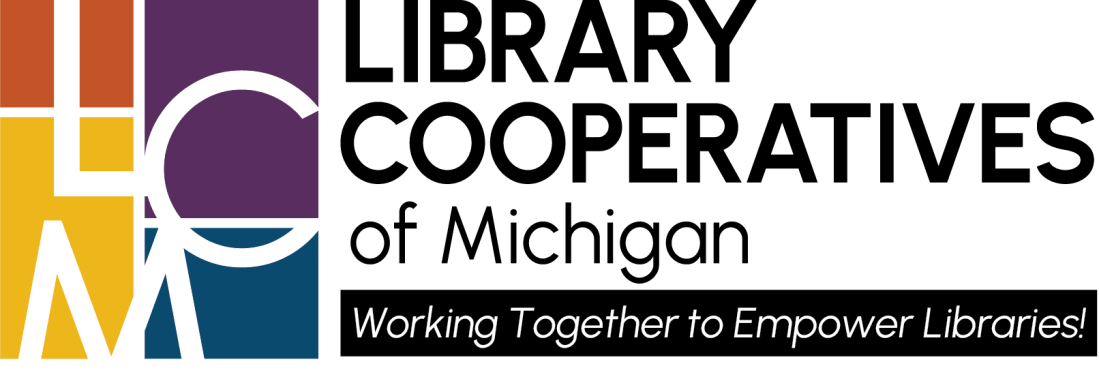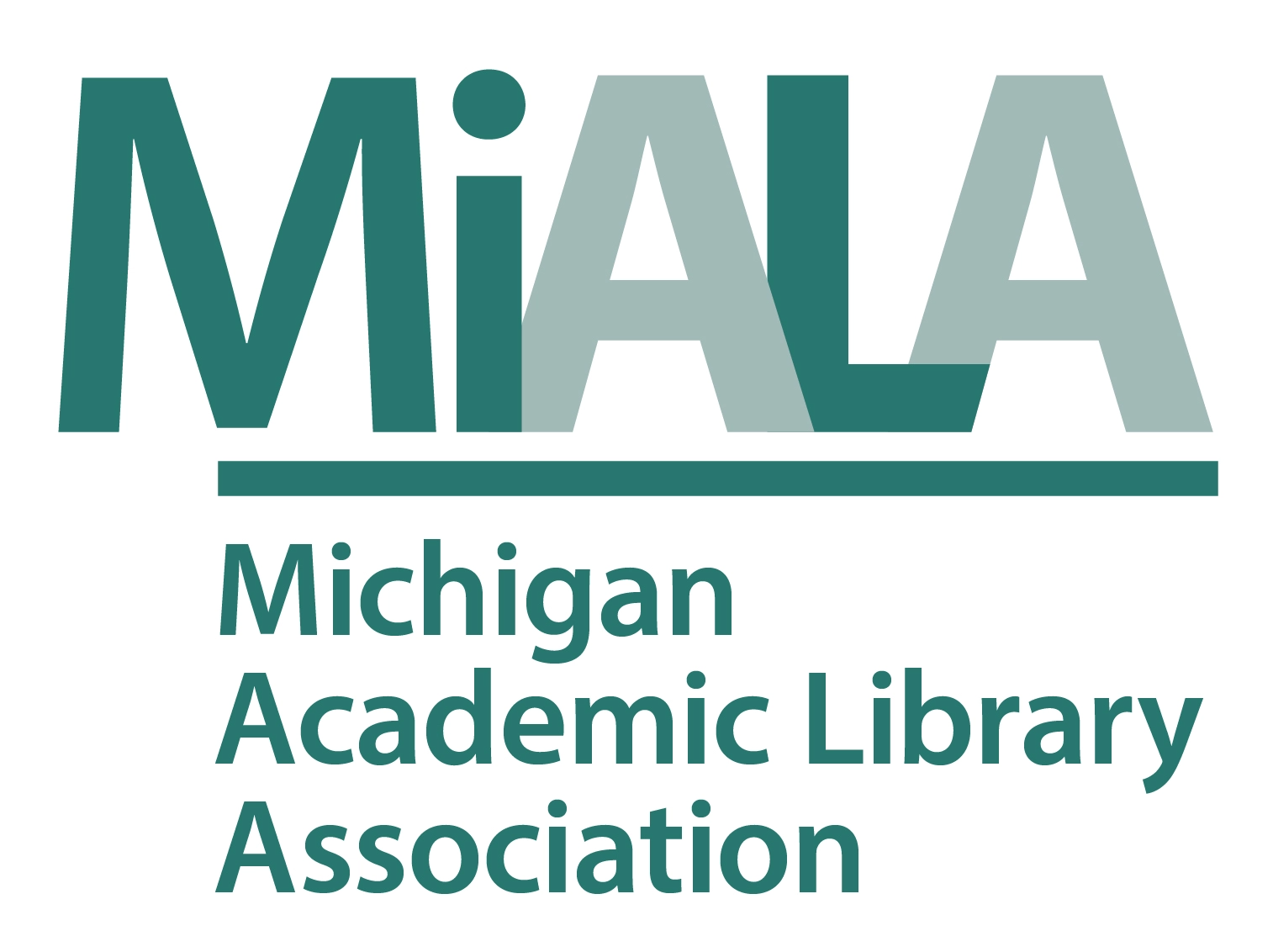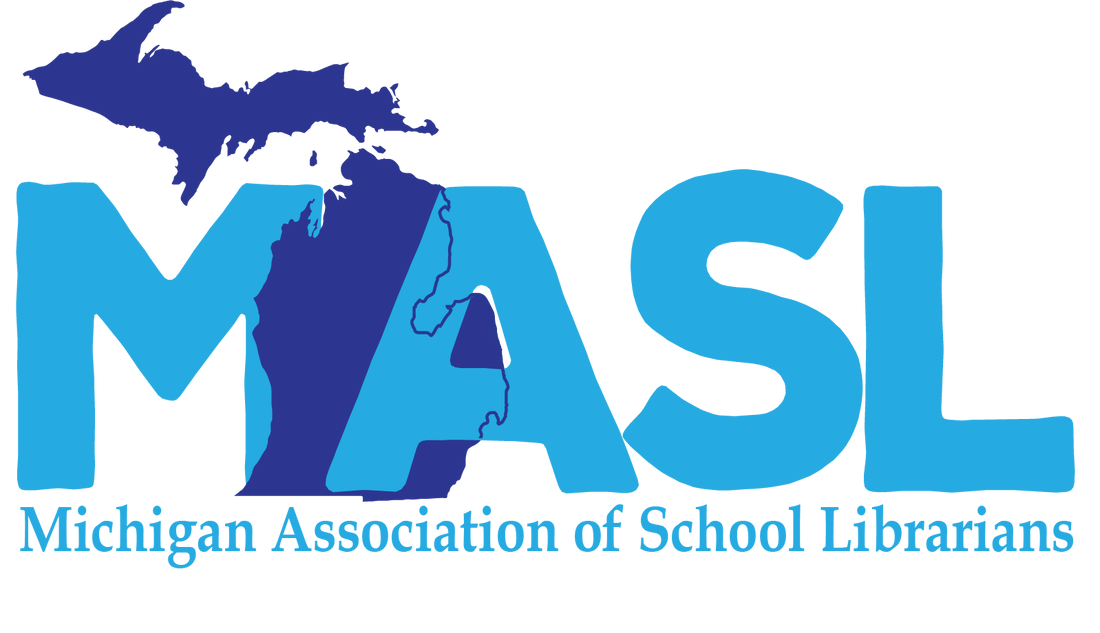- About
- Membership
- Education & Events
- Event Calendar
- Annual Conference
- Spring Institute for Youth Services
- Think Space
- Surviving and Thriving as a Public Library Director
- Leadership Academy
- Michigan Library Advocacy Day
- Youth Summit for the Right to Read
- Advocacy Hour
- MLA Connect
- MLA Connect On Demand
- Call for Proposals
- Vendor and Sponsor Opportunities
- Future Event Dates and Locations
- Programs & Services
- Advocacy
- News
- Job Board
 |
 |
 |
Member Benefits from Professional MentoringI am Xiaoming Xu, cataloguer at the James White Library at Andrews University. I mainly perform original and complex copy cataloging of books, sound recordings, CDs, microforms, kits and text files. My work includes assigning call numbers and subject headings to those items which lack this information. I was submitting both the original cataloging records and the call numbers and subject headings assigned to the copy catalog records to the senior cataloguer to ensure their quality before uploading the records to the OCLC database through Connexion. The senior cataloguer would check my work and make corrections without much explanation. Eight years ago, Philip Tan came to the James White Library to serve as senior cataloguer. After becoming aware that I was having all of my cataloging records checked, Philip began mentoring and training me. He gave me the LC classification outline to study and helped me to understand it. Philip made me aware of the purpose of the classification scheme and the broad picture of what we are doing to catalog the specific materials to support study and research at Andrews University. He guided me in using that broader understanding when I assign call numbers and subject headings to the records for the materials that I catalog. At the beginning of our mentoring relationship, Philip examined all of my work very carefully and explained when I made an error. Philip has continued to mentor me and makes sure that I understand how to use the cataloging tools: RDA, the new cataloging standard and its relationship to the old rules, AACR2; Library of Congress Subject Headings; the Library of Congress Classification schedules; Online Classweb; and our local cataloging practices. He encourages me to ask questions to clarify my understanding. He has included other staff members by offering training sessions that give us all the information and skills needed to catalog library materials. As a mentor, Philip gives me constant feedback “You have improved,” “You have done well.” This has given me encouragement and strengthened my spirit. As I have become more confident and able to do this work, Philip has allowed me to work with less supervision. One of my tasks is to catalog books that are published in languages other than English. After we created some templates to help identify the cataloging information and I had spent time practicing, Philip decided that I no longer have to submit my work to him. Philip has pushed me to perform increasingly complicated cataloging. Some of the materials were new challenges for me: board games, jigsaw puzzles, kits and multiple authored works. Now I am not afraid to tackle any format or complexity of cataloging work. My confidence has increased. Now Philip has given me the task of checking the student clerks copy cataloging tasks. In addition to the one-to-one mentoring and staff training sessions, Philip holds monthly cataloging meetings to clarify and formalize the cataloging practices and procedures in the James White library. We all know the preferred local cataloging methods for the James White Library. Philip also sets a good example with his attitude towards work and in handling interpersonal relationships. Philip is only one of the library faculty who engage in mentoring in the James White Library. Kathy Demsky, the architecture librarian, Lauren Matacio, instruction librarian, Terry Robinson, the seminary librarian, Silas Marques, Cynthia Helms, Reference librarians, Larry Onsager, Dean of the library and others have taken the initiative to mentor, subordinates, co-workers and students. I feel that one-to-one mentoring and coaching is an effective method for training catalogers. I am grateful to have Philip Tan as a professional mentor. |








